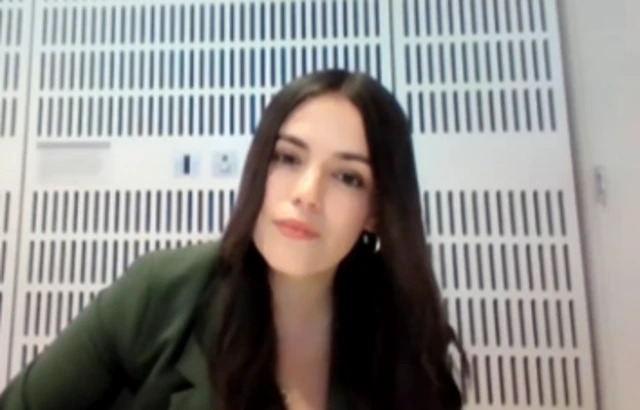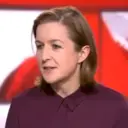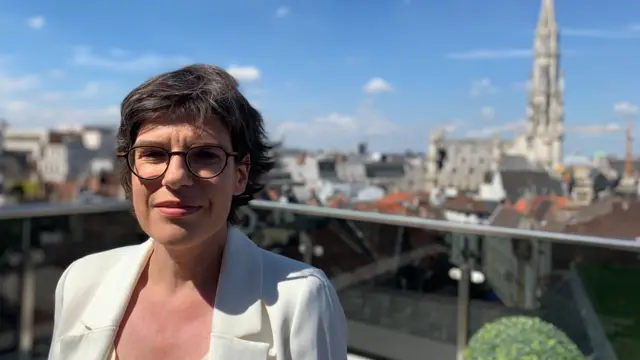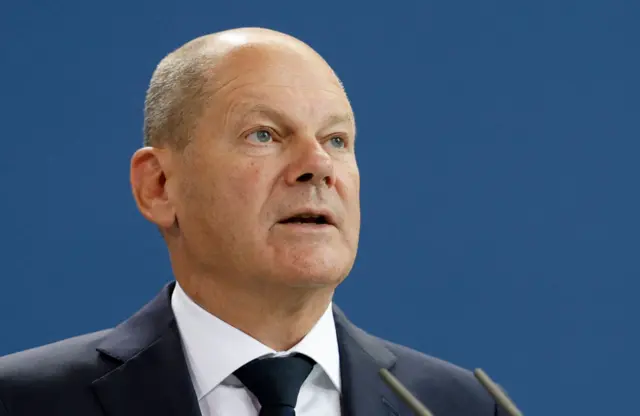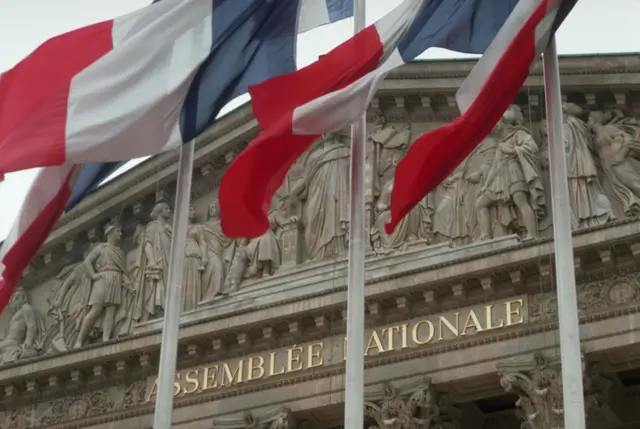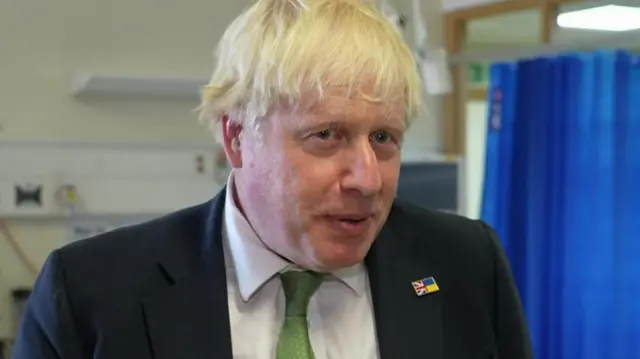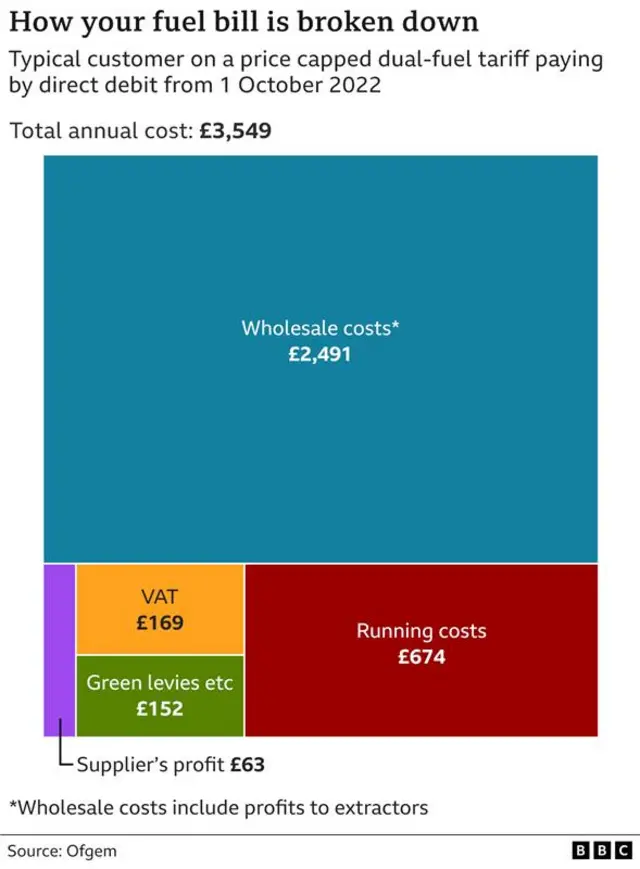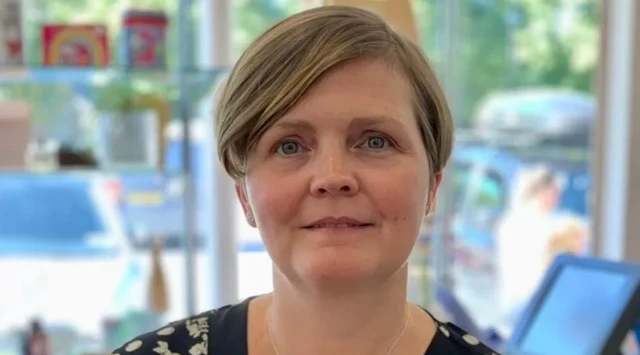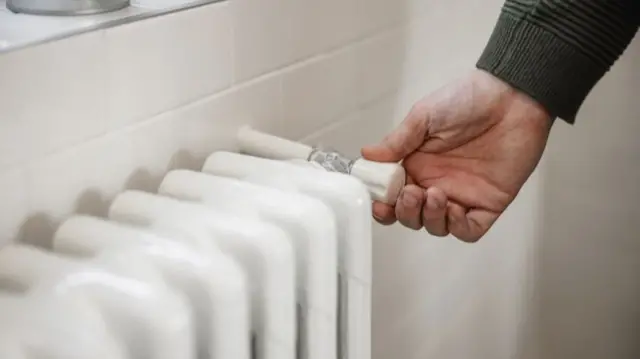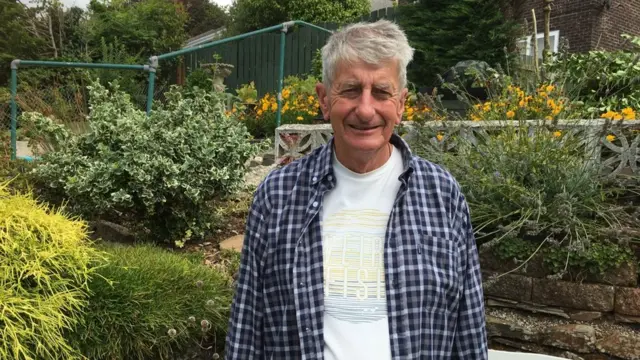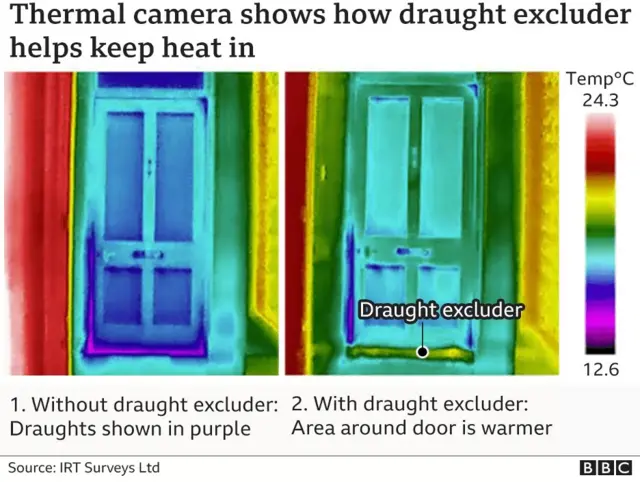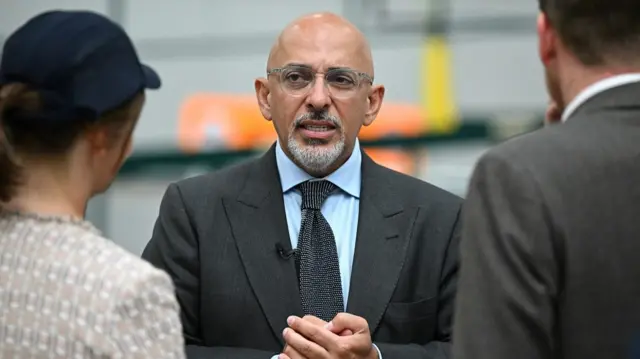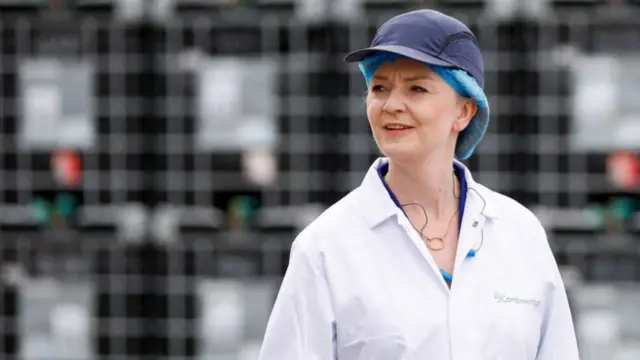Sunak vows further financial support for vulnerablepublished at 12:29 BST 26 August 2022
 Image source, Getty Images
Image source, Getty ImagesConservative leadership candidate Rishi Sunak says it is clear the energy crisis has "deteriorated" and has vowed to go further with financial support if he becomes prime minister.
"My priority is to protect the most vulnerable in our society and pensioners. That’s why on top of cutting VAT on energy bills for everybody, I would provide further direct financial assistance to those groups of people. I want them to have certainty that help is coming," he tells reporters.
He then compares his plans to that of his leadership rival Liz Truss, who has argued that tax cuts will help to grow the UK's economy.
"I can provide significant support because I'm choosing not to do other things. Alternative proposals that borrow tens of billions of pounds for unfunded permanent tax cuts don’t actually do anything to help those in need, risk making inflation worse and also risk our nation’s finances.
"My priorities, my plan, are the right ones for our country."
Writing in the Daily Mail, Truss said if she became PM she would use an emergency budget next month to "ensure support is on its way", but argued it was not "right" to announce the full plan before the contest was over.


